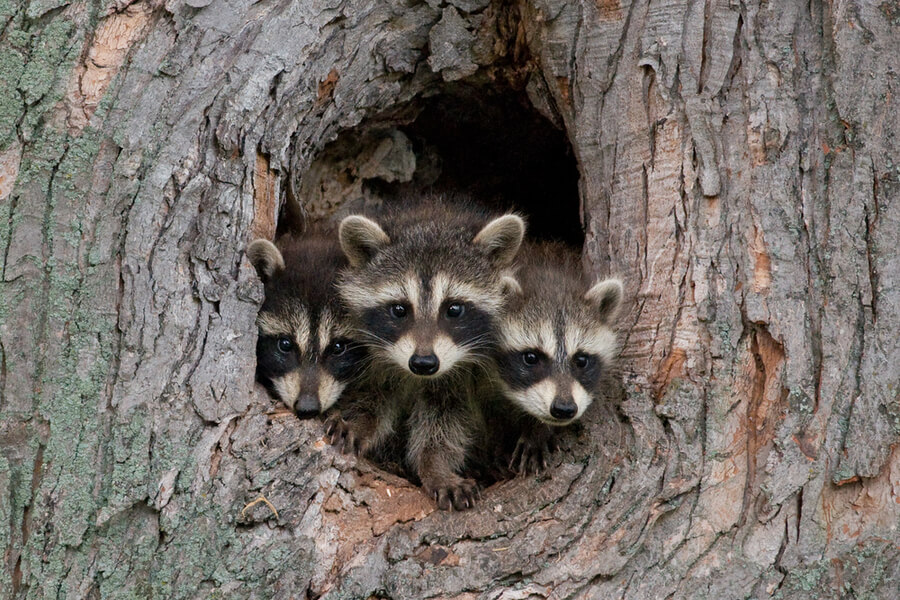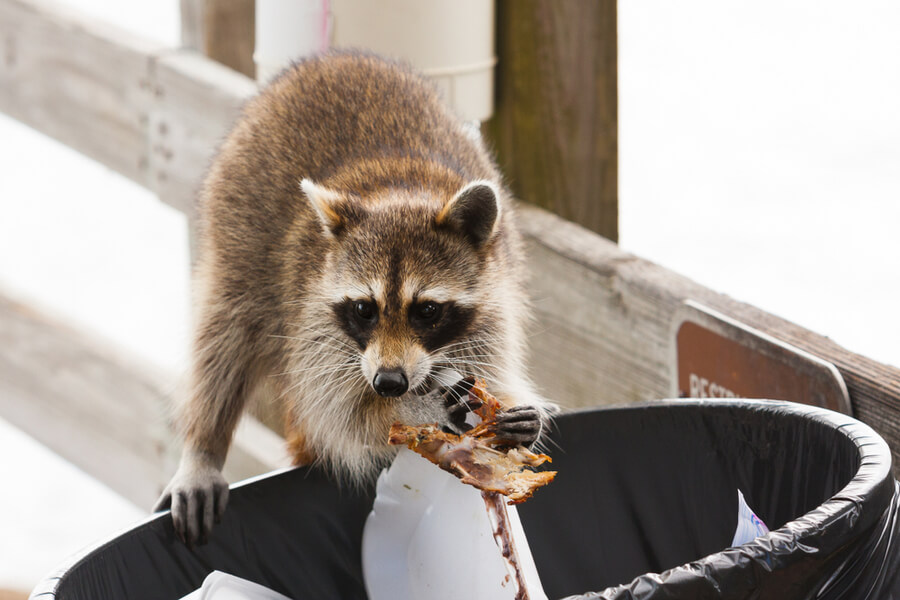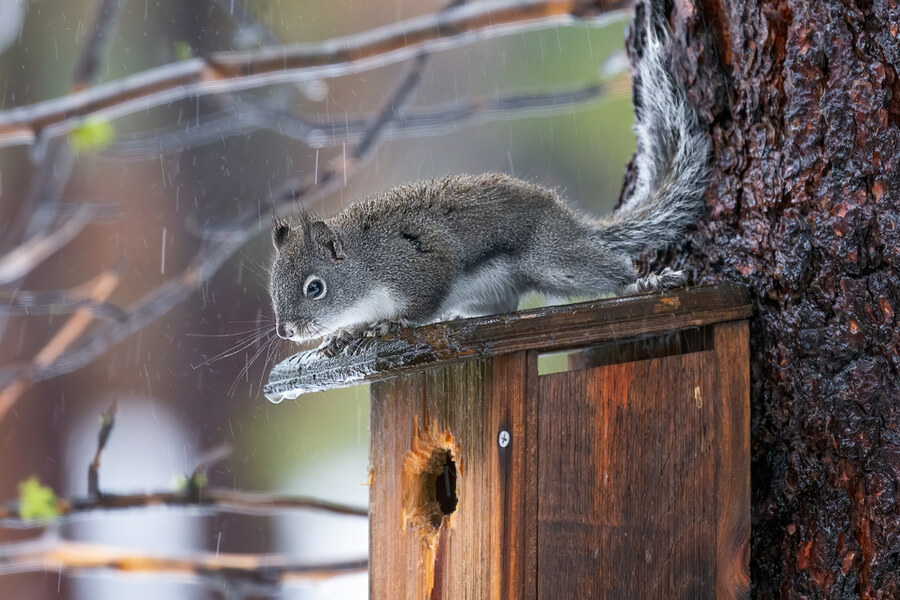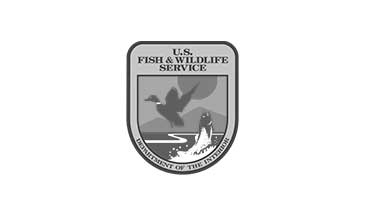Sick, Injured, or Unhealthy
 The most dangerous animal you can encounter in day-to-day life is an injured or sick one. It can be very tempting to approach the animal to attempt to help it, especially if it’s in pain. It’s very important you resist this impulse. An injured animal may perceive you as a threat looking to capitalize on their weakened state. When animals lack other means to confidently defend themselves, they have to be far more aggressive than usual.
Most people who sustain animal-related injuries approached the attacking animal with good intentions. Remember: no matter how evident their behavior may seem, you do not know what a wild animal is thinking. Even experts with years of experience routine misread animal signals. If you see an injured or sick animal, call us immediately. We’ll be able to remove the animal and get it the help it needs. Attempting to approach an injured animal yourself is bad for everyone involved--including the animal.
The most dangerous animal you can encounter in day-to-day life is an injured or sick one. It can be very tempting to approach the animal to attempt to help it, especially if it’s in pain. It’s very important you resist this impulse. An injured animal may perceive you as a threat looking to capitalize on their weakened state. When animals lack other means to confidently defend themselves, they have to be far more aggressive than usual.
Most people who sustain animal-related injuries approached the attacking animal with good intentions. Remember: no matter how evident their behavior may seem, you do not know what a wild animal is thinking. Even experts with years of experience routine misread animal signals. If you see an injured or sick animal, call us immediately. We’ll be able to remove the animal and get it the help it needs. Attempting to approach an injured animal yourself is bad for everyone involved--including the animal.
Surprised
 When confronted with a threat they see coming, almost all wild animals run away. It makes sense; wildlife is all about doing what it needs to do to maximize its chances at survival. Lashing out at a threat might result in a fight. Fighting takes lots of energy and could result in a debilitating injury. In a world of opportunistic predators and territorial rivals, animals need all the advantages they can get!
Animals will lash out in self defense, however, if they’re suddenly surprised. The rationale isn’t usually to kill a surprising threat so much as to create the opportunity to escape. If you’re the “surprising threat”, however, you could be the victim of a nasty animal bite--especially if you’re surprised, too! If you think you may have a wild animal on your property, move away from it carefully. Take care not to make sudden movements. Call us from a safe place and don’t go near where the animal may be until we arrive.
When confronted with a threat they see coming, almost all wild animals run away. It makes sense; wildlife is all about doing what it needs to do to maximize its chances at survival. Lashing out at a threat might result in a fight. Fighting takes lots of energy and could result in a debilitating injury. In a world of opportunistic predators and territorial rivals, animals need all the advantages they can get!
Animals will lash out in self defense, however, if they’re suddenly surprised. The rationale isn’t usually to kill a surprising threat so much as to create the opportunity to escape. If you’re the “surprising threat”, however, you could be the victim of a nasty animal bite--especially if you’re surprised, too! If you think you may have a wild animal on your property, move away from it carefully. Take care not to make sudden movements. Call us from a safe place and don’t go near where the animal may be until we arrive.
Provoked
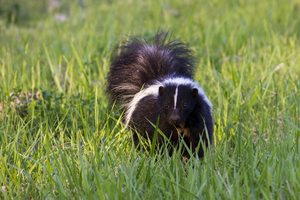 It goes without saying that you shouldn’t provoke a wild animal. Unfortunately, however, sometimes this can be slightly harder than it sounds. Remember how we said you never know what a wild animal is thinking? That counts double for what’s stressing them out. Remember: animals don’t see us the same way we see ourselves. We’re typically bigger, louder, and a lot less predictable.
The old adage is true: animals really are more afraid of you than you are of them. The best thing to do if you encounter an animal is to give it distance. Back away from the animal slowly and steadily. Do your best not to stare at it or make eye contact, which could be perceived as a challenge. Assume as deferential a stance as possible, but don’t assume that will be enough. Once you’ve backed away to a safe distance, give us a call.
It goes without saying that you shouldn’t provoke a wild animal. Unfortunately, however, sometimes this can be slightly harder than it sounds. Remember how we said you never know what a wild animal is thinking? That counts double for what’s stressing them out. Remember: animals don’t see us the same way we see ourselves. We’re typically bigger, louder, and a lot less predictable.
The old adage is true: animals really are more afraid of you than you are of them. The best thing to do if you encounter an animal is to give it distance. Back away from the animal slowly and steadily. Do your best not to stare at it or make eye contact, which could be perceived as a challenge. Assume as deferential a stance as possible, but don’t assume that will be enough. Once you’ve backed away to a safe distance, give us a call.
With Young
 When mothers are with their young, they have one priority: protecting their young. The mothers will defend their babies against any perceived threat with everything they’ve got. It’s inspiring… unless you happen to be the unwitting dope the mother decides to “defend” against. Adults defending their babies go to much greater lengths to lash out at perceived threats than they would under other circumstances.
Do not approach a den or a baby animal under any circumstances. Leave young animals alone even if their parents are nowhere to be found, or if they appear injured. If wildlife sees you interact with their young, they will perceive you as a grave threat. That will end in injury, probably for all parties involved. Remember, baby animals are often seemingly left to their own devices while their parents go out foraging or hunting. If you’re really worried about a baby animal, give us a call and we’ll have a professional check on it.
The fact of the matter is, we can never know for sure whether a wild animal is dangerous. That’s why it’s so important you treat all wild animals as if they could be. By trying your best not to end up in these dangerous circumstances, you’re not just helping yourself. You’re helping the animals around you, too.
Next time you’re confronted with a wildlife situation and you don’t know what to do, just call Varment Guard right away. Our experts have everything we need to safely and humanely remove animals from property and make sure they can’t get back. No danger, just results.
When mothers are with their young, they have one priority: protecting their young. The mothers will defend their babies against any perceived threat with everything they’ve got. It’s inspiring… unless you happen to be the unwitting dope the mother decides to “defend” against. Adults defending their babies go to much greater lengths to lash out at perceived threats than they would under other circumstances.
Do not approach a den or a baby animal under any circumstances. Leave young animals alone even if their parents are nowhere to be found, or if they appear injured. If wildlife sees you interact with their young, they will perceive you as a grave threat. That will end in injury, probably for all parties involved. Remember, baby animals are often seemingly left to their own devices while their parents go out foraging or hunting. If you’re really worried about a baby animal, give us a call and we’ll have a professional check on it.
The fact of the matter is, we can never know for sure whether a wild animal is dangerous. That’s why it’s so important you treat all wild animals as if they could be. By trying your best not to end up in these dangerous circumstances, you’re not just helping yourself. You’re helping the animals around you, too.
Next time you’re confronted with a wildlife situation and you don’t know what to do, just call Varment Guard right away. Our experts have everything we need to safely and humanely remove animals from property and make sure they can’t get back. No danger, just results.

